
5 July 2022 – for immediate release
The Centre for Law and Democracy and News Media Europe are thrilled to launch the Guide for Journalists on How to Document International Crimes, with concrete recommendations for journalists and editors on how to capture information about international crimes so that it may be admitted as evidence in court. News professionals are often the first observers to arrive at international crime scenes and may be in a position to document them at an early stage, which is invaluable since evidence often degrades with time.
“This Guide aims to help journalists take simple steps to increase the reliability of the information they collect, thereby enhancing the chance that a court will accept it as evidence”, said Toby Mendel, Executive Director of CLD.
Iacob Gammeltoft, Policy Manager at News Media Europe, added: “In these extraordinary times, this resource is designed to support journalists and news organisations investigating international crimes and to help them understand what kind of impact they can have.”
The role of news professionals is first and foremost to inform the public, and not to collect and analyse evidence on behalf of public authorities. At the same time, news organisations are expressing a growing interest in understanding the requirements for information to be admissible as evidence in court, so as to help to hold criminal actors to account.
The Guide provides advice about several legal issues in a way that is accessible to non-legal experts, including:
-
- Privileges regarding the protection of confidential sources and not having to testify
- What constitutes an international crime
- Different types of evidence and basic rules regarding admissibility of evidence
- How to gather information in a way that promotes its legal reliability and tips on doing this
- Interviewing victims and witnesses
The Guide also includes a section on Resources with links to various written documents, apps and civil society organisations which can provide support.
The Guide is available in English here, Burmese here, Ukrainian here and Russian here.
For further information, please contact:
Toby Mendel Iacob Gammeltoft
Executive Director Policy Manager
Centre for Law and Democracy News Media Europe
toby@law-democracy.org iacob.gammeltoft@newsmediaeurope.eu
+1 902 431-3688 +32(0)472 536703
www.law-democracy.org www.newsmediaeurope.eu
twitter: @law_democracy



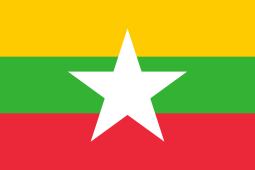
 3 May 2022.
3 May 2022.  8 April 2022.
8 April 2022. 31 March 2022.
31 March 2022.
 15 March 2022.
15 March 2022.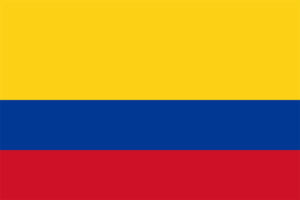 24 February 2022.
24 February 2022.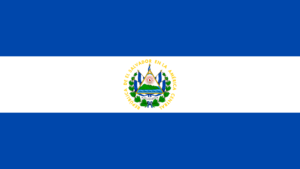 14 February 2022.
14 February 2022. 7 February 2022.
7 February 2022. 21 January 2022.
21 January 2022.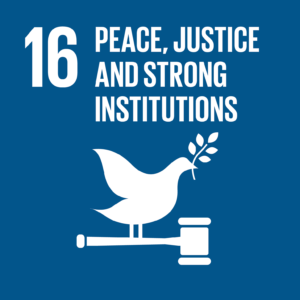 7 December 2021. Toby Mendel, the Executive Director of Centre for Law and Democracy (CLD), will today be speaking at an online discussion panel from 11:00 – 12:30 EST at the launch of the 2021 Global Report of the Sustainable Development Goal 16 Data Initiative (SDG16 DI). The SDG16 DI is a consortium dedicated to promoting non-official data on the implementation and tracking of progress toward the targets that comprise the UN-adopted Sustainable Development Goal 16 on achieving peaceful, inclusive and just societies by 2030. The 2021 SDG16 DI Global Report is a resource on civil society methodologies designed to measure progress on SDG 16 targets and indicators. Toby Mendel is the author of two of the chapters in the Global Report, one on disinformation and one assessing progress towards achieving SDG Target 16.10.
7 December 2021. Toby Mendel, the Executive Director of Centre for Law and Democracy (CLD), will today be speaking at an online discussion panel from 11:00 – 12:30 EST at the launch of the 2021 Global Report of the Sustainable Development Goal 16 Data Initiative (SDG16 DI). The SDG16 DI is a consortium dedicated to promoting non-official data on the implementation and tracking of progress toward the targets that comprise the UN-adopted Sustainable Development Goal 16 on achieving peaceful, inclusive and just societies by 2030. The 2021 SDG16 DI Global Report is a resource on civil society methodologies designed to measure progress on SDG 16 targets and indicators. Toby Mendel is the author of two of the chapters in the Global Report, one on disinformation and one assessing progress towards achieving SDG Target 16.10. 6 December 2021. Toby Mendel, the Executive Director of the Centre for Law and Democracy (CLD), will today be presented with the Mongolian Friendship Medal by Mongolia’s Ambassador to Canada at a formal ceremony in Ottawa, Canada. The Friendship Medal, one of the highest honours that can be conferred on a foreigner by the Government of Mongolia, is being awarded in recognition of Toby Mendel’s contribution to democracy, and freedom of the press and expression in Mongolia.
6 December 2021. Toby Mendel, the Executive Director of the Centre for Law and Democracy (CLD), will today be presented with the Mongolian Friendship Medal by Mongolia’s Ambassador to Canada at a formal ceremony in Ottawa, Canada. The Friendship Medal, one of the highest honours that can be conferred on a foreigner by the Government of Mongolia, is being awarded in recognition of Toby Mendel’s contribution to democracy, and freedom of the press and expression in Mongolia. 10 November 2021.
10 November 2021.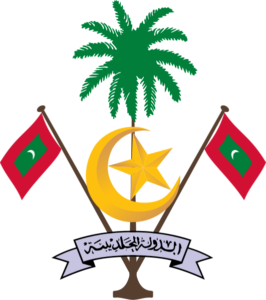 23 October 2021.
23 October 2021.